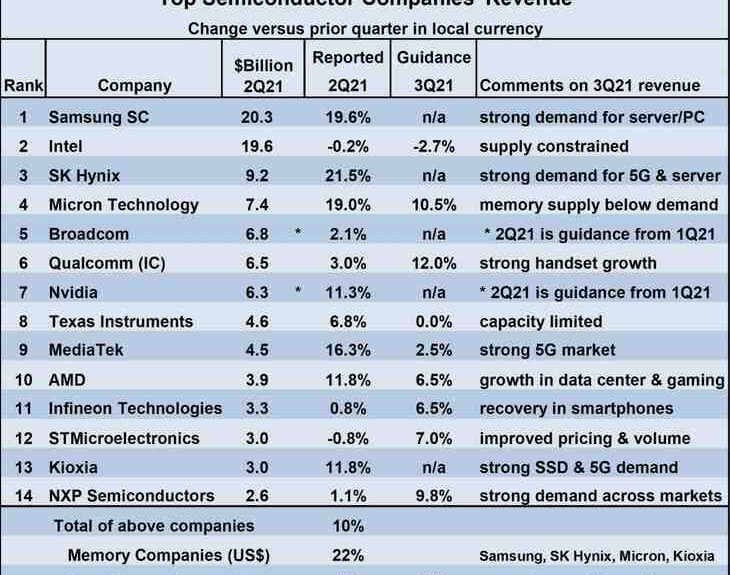Scammers are using sophisticated techniques to deceive college students and new graduates
- Scammers are targeting new college graduates with personalized job scams
- They use information available online to pose as school deans or professors
- The goal is to steal the student’s identity or bank information
- Recruiting scams have reached a peak and continue to be a problem
- Students and recent grads are vulnerable due to their online presence and inexperience
- Job boards and networking sites are also being used by scammers
- Employers are issuing warnings and updating fraud-detection efforts
- Job seekers should be cautious of requests for personal information or money
- Bouncing communications off a trusted mentor is recommended
- Universities need to better protect students from job scams
New college graduates are being targeted by scammers who pose as school deans or professors and recommend them for job openings. These scammers use information available online to personalize their approach and convince students to apply for jobs. The ultimate goal is to steal the student’s identity or bank information. Recruiting scams have reached a peak and continue to be a problem, especially for students and recent grads who are more vulnerable due to their online presence and inexperience. Job boards and networking sites are also being used by scammers to target job seekers. Employers are issuing warnings and updating fraud-detection efforts to combat this issue. Job seekers should be cautious of requests for personal information or money, and it is recommended to bounce communications off a trusted mentor. Universities need to take better measures to protect students from falling victim to these job scams.
Factuality Level: 8
Factuality Justification: The article provides a detailed account of how scammers are targeting new college graduates with job scams, including specific examples and advice on how to avoid falling victim to such schemes. The information is based on real-life experiences and insights from officials and experts, making the article informative and factually accurate.
Noise Level: 3
Noise Justification: The article provides relevant information about a new type of fraud targeting college students and graduates. It includes real-life examples, warnings from officials, and responses from employers. The article also offers practical advice on how to avoid falling victim to job scams. However, some parts of the article contain repetitive information and could be more concise.
Financial Relevance: No
Financial Markets Impacted: No
Presence Of Extreme Event: No
Nature Of Extreme Event: No
Impact Rating Of The Extreme Event: No
Rating Justification: The article does not pertain to financial topics or describe any extreme events.
Public Companies: Veolia Water Technologies & Solutions (null), Robert Half (null), Kelly (null)
Private Companies: Antech Systems,Bad Robot Games
Key People: Kati Daffan (Assistant Director of the Federal Trade Commission’s division), Cody Querubin (Senior at George Mason University), Beth Hendler-Grunt (President of Next Great Step), Jorge Robles (Recent graduate from Queens College), Keith Wolf (Managing Partner at Murray Resources), Marco Carrillo (Director of Talent and Diversity at Bad Robot Games), Teresa Murray (Consumer-Watchdog Director at U.S. Public Interest Research Group), Maggie Braswell (Senior at Elon University)
 www.wsj.com
www.wsj.com 





